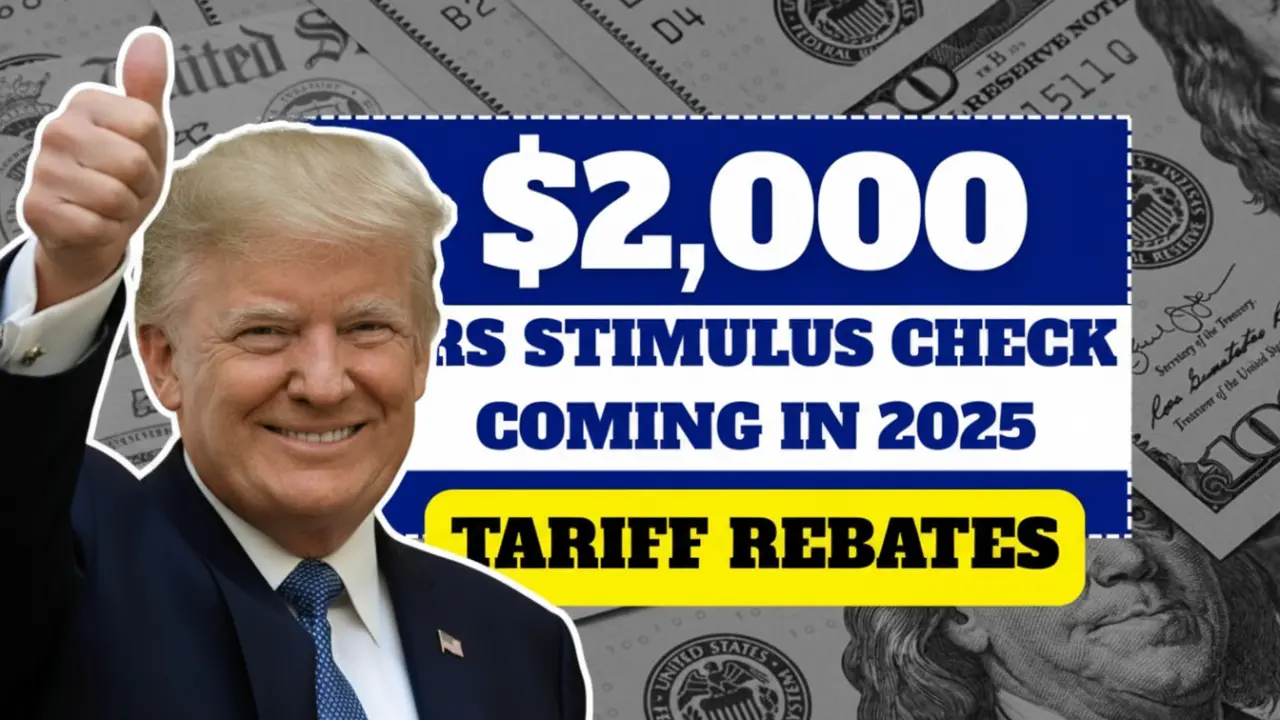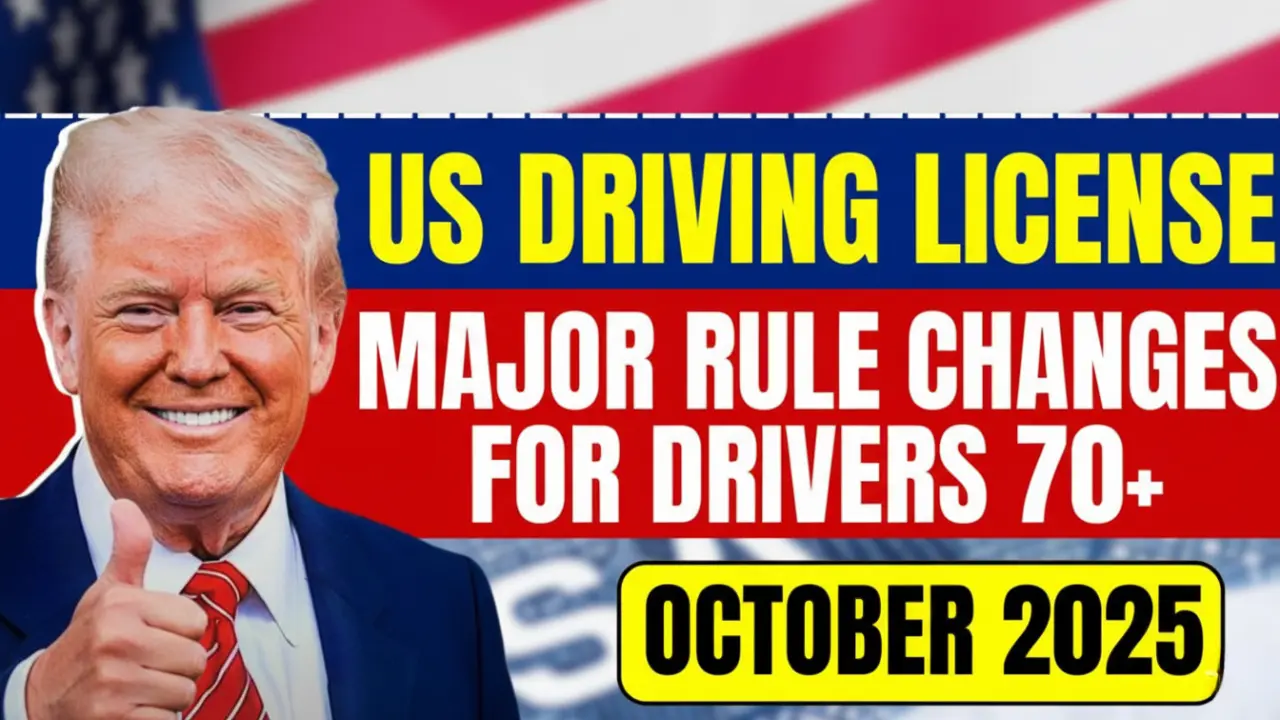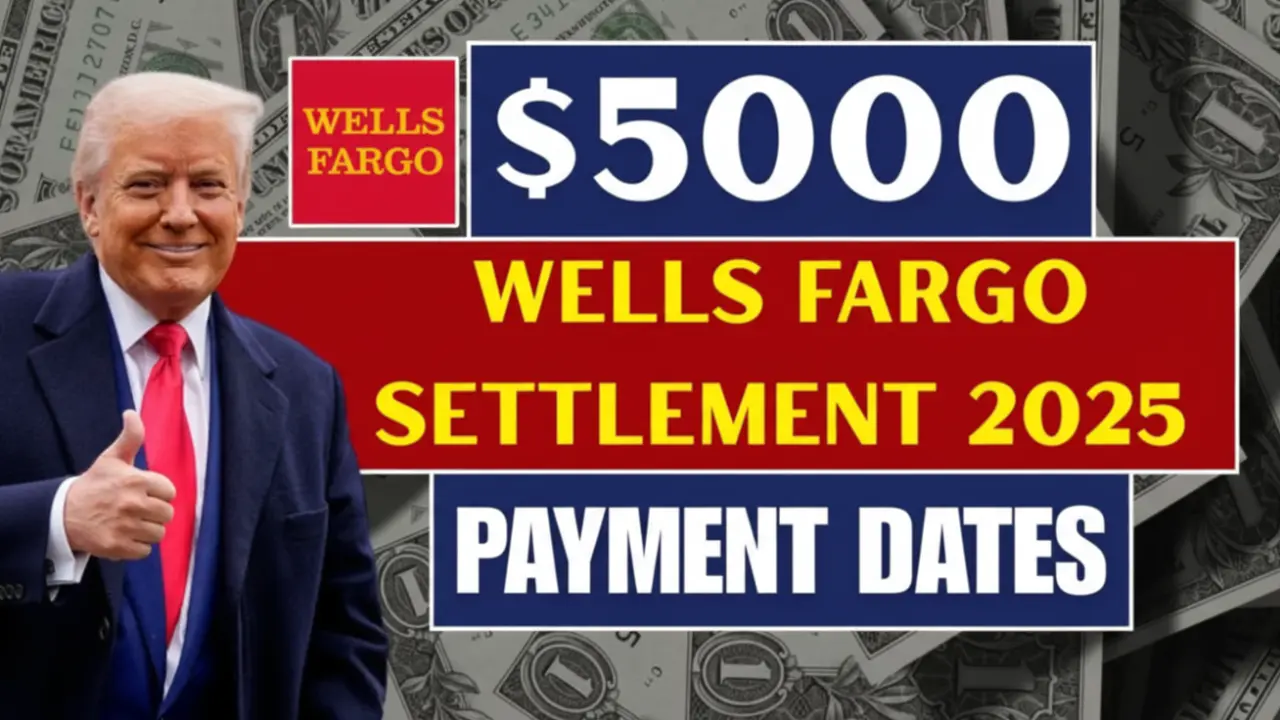In 2025, rumors about a new $2,000 stimulus check circulated widely, fueled by social media posts and speculative news articles. These claims suggested that the IRS was preparing to distribute substantial payments to American taxpayers. However, upon closer examination, these assertions are largely unfounded. This article delves into the origins of these rumors, the current legislative landscape, and the importance of distinguishing between factual information and misinformation.
The Genesis of the $2,000 Stimulus Rumor
The speculation about a $2,000 stimulus check gained momentum following statements from former President Donald Trump and certain lawmakers. They proposed that revenue generated from tariffs could be used to fund direct payments to citizens. This idea was encapsulated in the American Worker Rebate Act of 2025, introduced by Senator Josh Hawley. The bill suggested rebates ranging from $600 to $2,400 for eligible American families, contingent upon the passage of the legislation.
Despite the introduction of this bill, it is crucial to note that as of October 2025, the American Worker Rebate Act has not been approved by Congress. Without legislative backing, no official payments have been authorized or scheduled.
Table of Contents
Clarifying the Difference: Stimulus Checks vs. Rebates
Understanding the distinction between stimulus checks and rebates is essential:
- Stimulus Checks: These are direct cash payments issued by the government to stimulate economic activity, typically during times of economic downturn or crisis.
- Rebates: These are partial refunds of taxes paid or money spent, often issued to encourage specific behaviors or to return surplus funds to taxpayers.
The proposed American Worker Rebate Act aligns more closely with the concept of a rebate, not a stimulus check. Therefore, even if the bill were to pass, it would not constitute a new round of stimulus checks but rather a rebate program.
The Status of the American Worker Rebate Act
Introduced in July 2025, the American Worker Rebate Act has yet to pass through both houses of Congress. While the bill proposes rebates based on tariff revenues, it remains in the legislative process and has not been enacted into law. Without congressional approval, the provisions of the bill, including any potential payments, are not in effect.
Historical Context: Previous Stimulus Checks
To understand the current situation, it’s helpful to review past stimulus initiatives:
- First Round (2020): Under the CARES Act, individuals received up to $1,200, and couples up to $2,400, with an additional $500 per qualifying child.
- Second Round (2020): The Consolidated Appropriations Act provided $600 per individual and $1,200 per couple, plus $600 per dependent.
- Third Round (2021): The American Rescue Plan Act issued $1,400 per individual and $2,800 per couple, with an additional $1,400 per dependent.
These payments were authorized through formal legislation and were distributed to eligible taxpayers. However, the deadline to claim the third stimulus check was April 15, 2025, after which no further claims or payments were accepted.
Current Stimulus Landscape in 2025
As of October 2025, there are no new federal stimulus checks planned or authorized. The IRS has confirmed that no new payments are scheduled, and no relevant legislation has been passed by Congress. The last federal stimulus initiative was the $1,400 Recovery Rebate Credit from 2021, which had a final claim deadline of April 15, 2025.
State-Level Relief Measures
While federal relief measures are absent, some states have implemented their own programs to assist residents:
- California: The Sacramento Family First program provides $725 monthly payments to 200 low-income families until November 2025.
- Other States: Various states are offering rebate checks based on income thresholds and other criteria. For instance, New York has issued $200 for individuals with incomes up to $75,000 and $400 for married couples.
These state-level initiatives are separate from federal programs and have their own eligibility requirements and application processes.
Beware of Scams and Misinformation
The proliferation of rumors regarding a $2,000 stimulus check has led to an increase in scams and phishing attempts. Fraudulent messages may request personal information or prompt individuals to click on suspicious links. The IRS has issued warnings advising taxpayers to be cautious and to verify any information through official channels.
Conclusion
In summary, while the idea of a $2,000 stimulus check in 2025 has been widely discussed, it remains speculative and unsubstantiated by official sources. The American Worker Rebate Act, though introduced, has not been enacted into law, and no new federal stimulus checks are planned. Taxpayers are advised to rely on official IRS communications and to exercise caution regarding unsolicited messages or offers of financial assistance.
FAQs
Is there an official $2,000 IRS stimulus check for 2025?
No, there is no official confirmation from Congress or the IRS about a 2025 stimulus check.
What is the American Worker Rebate Act of 2025?
It’s a proposed bill that could provide $600–$2,400 rebates to eligible American families, but it has not passed Congress yet.
Are past stimulus checks still claimable?
No, the deadlines for claiming the first, second, and third stimulus checks have passed, with the final deadline for the third check being April 15, 2025.
What are inflation relief checks from states?
Some states like New York, Pennsylvania, Georgia, and Colorado are issuing one-time checks to residents who paid higher sales taxes due to inflation.
How can I avoid scams related to stimulus or rebate checks?
Only trust official IRS sources (IRS.gov) or authorized tax professionals and never share personal or financial information with unverified links or callers.






